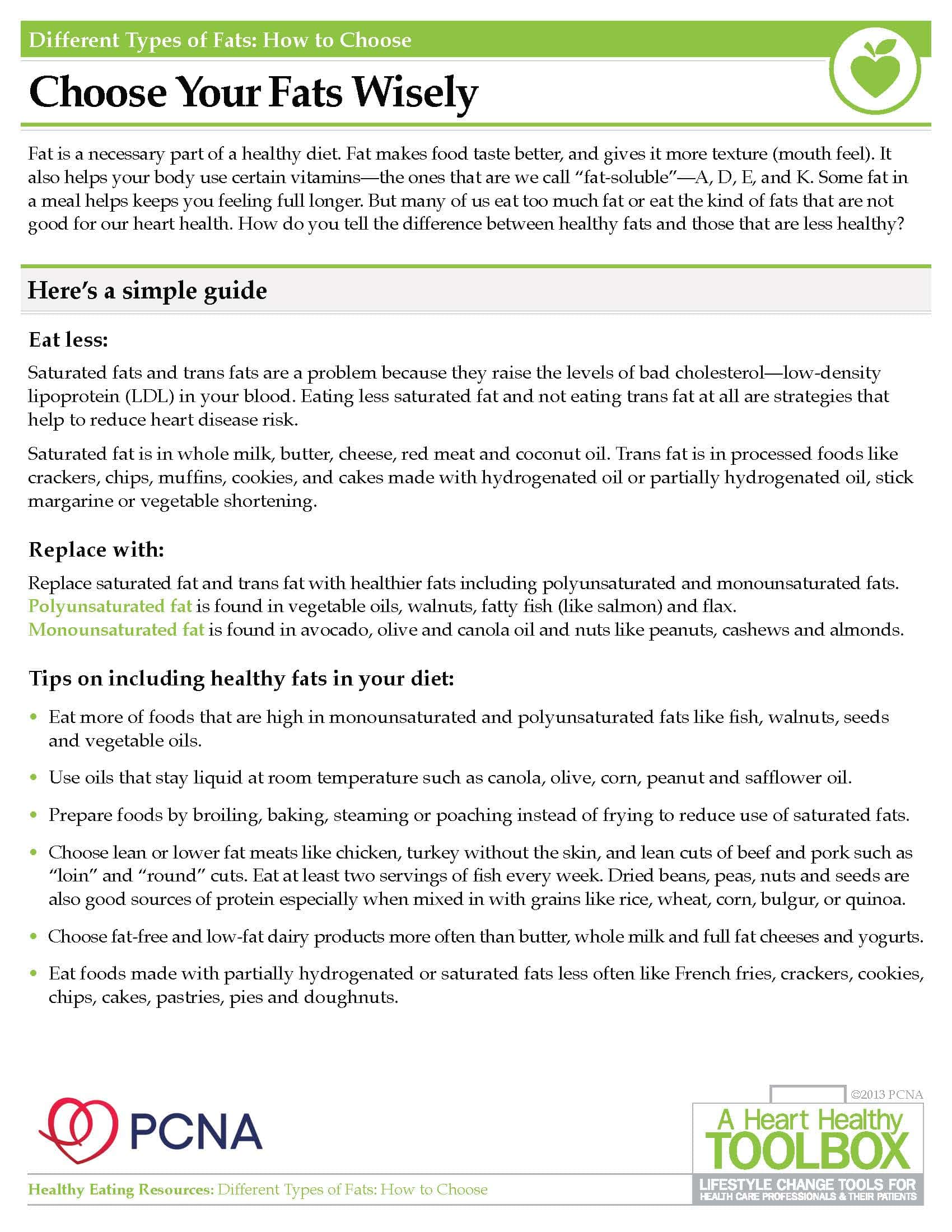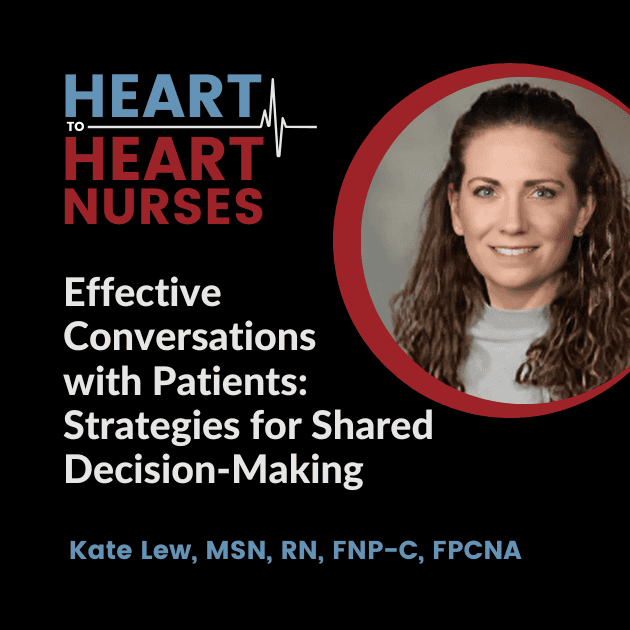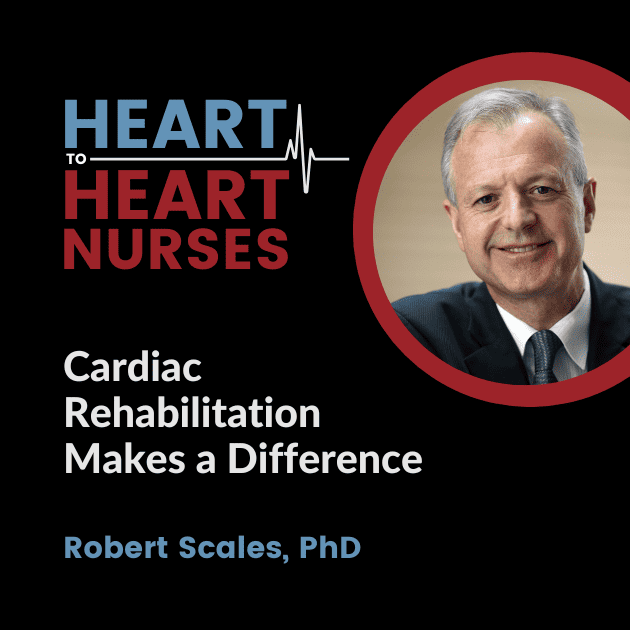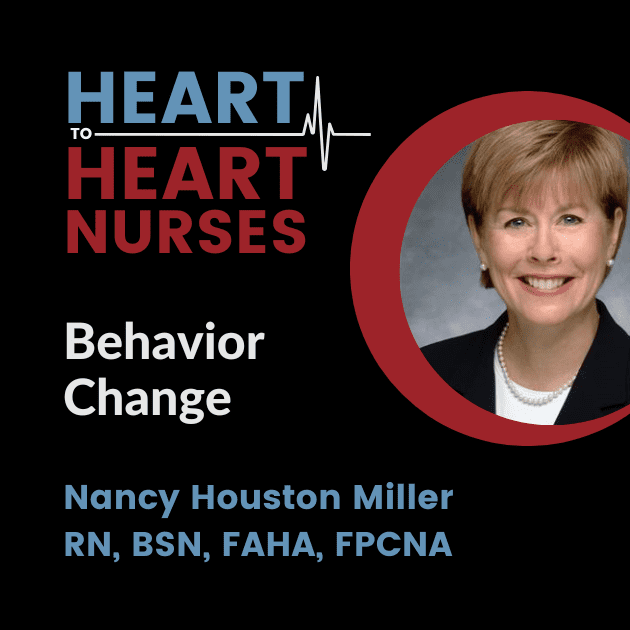About Lifestyle and Behavior Change
Lifestyle and behavior changes are among the most effective interventions for preventing and managing cardiovascular disease (CVD), the leading cause of death globally. Risk factors such as poor diet, physical inactivity, smoking, excessive alcohol consumption, and chronic stress significantly contribute to the development and progression of CVD.
Nurses play a pivotal role in encouraging and supporting patients to adopt healthier lifestyles, which can lead to substantial improvements in cardiovascular health and overall well-being.
Resources

Courses
0 CE contact hours
0 Pharmacology contact hours
Free
0.75 CE contact hours
0 Pharmacology contact hours
Free
1 CE contact hours
0 Pharmacology contact hours
Free
1 CE contact hours
1 Pharmacology contact hours
Free
0 CE contact hours
0 Pharmacology contact hours
Free
0.83 CE contact hours
0 Pharmacology contact hours
Free
News
How to Fit Ice Cream into a Heart-Healthy Diet
April 28, 2025
8 Smart Mobile Apps and Gadgets for Heart Health
April 15, 2025
Prioritizing Public Health
March 31, 2025
Podcast Episodes

Lifestyle and Behavior Change
Effective Conversations with Patients: Strategies for Shared Decision-Making

Lifestyle and Behavior Change
Cardiac Rehabilitation Makes a Difference

Lifestyle and Behavior Change
Behavior Change
- « Previous
- 1
- 2
- 3
- 4





